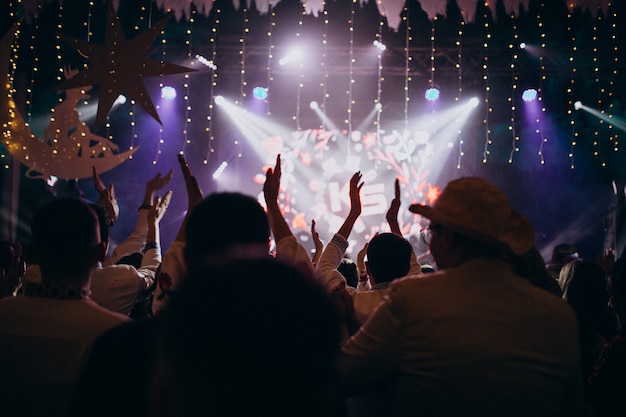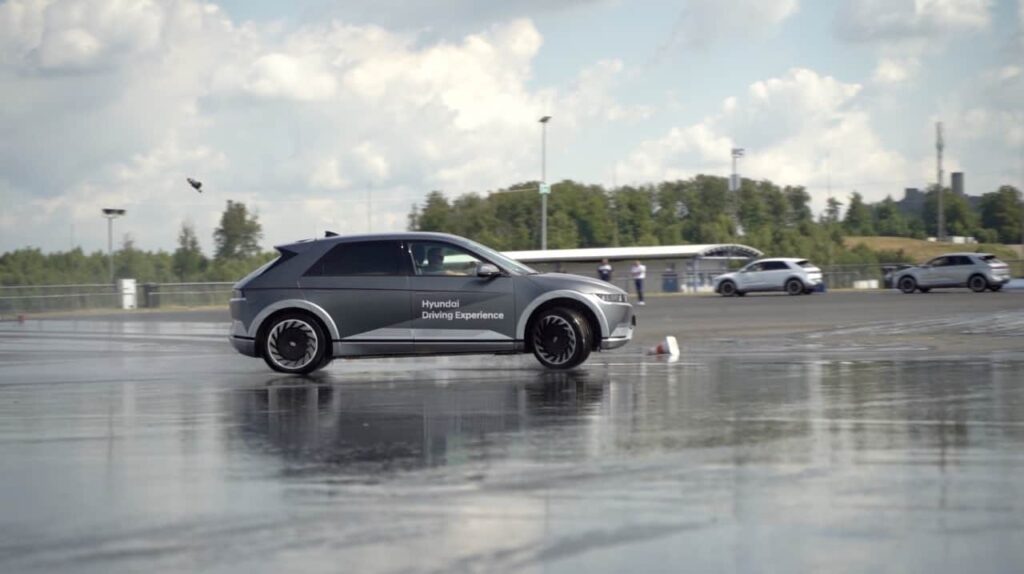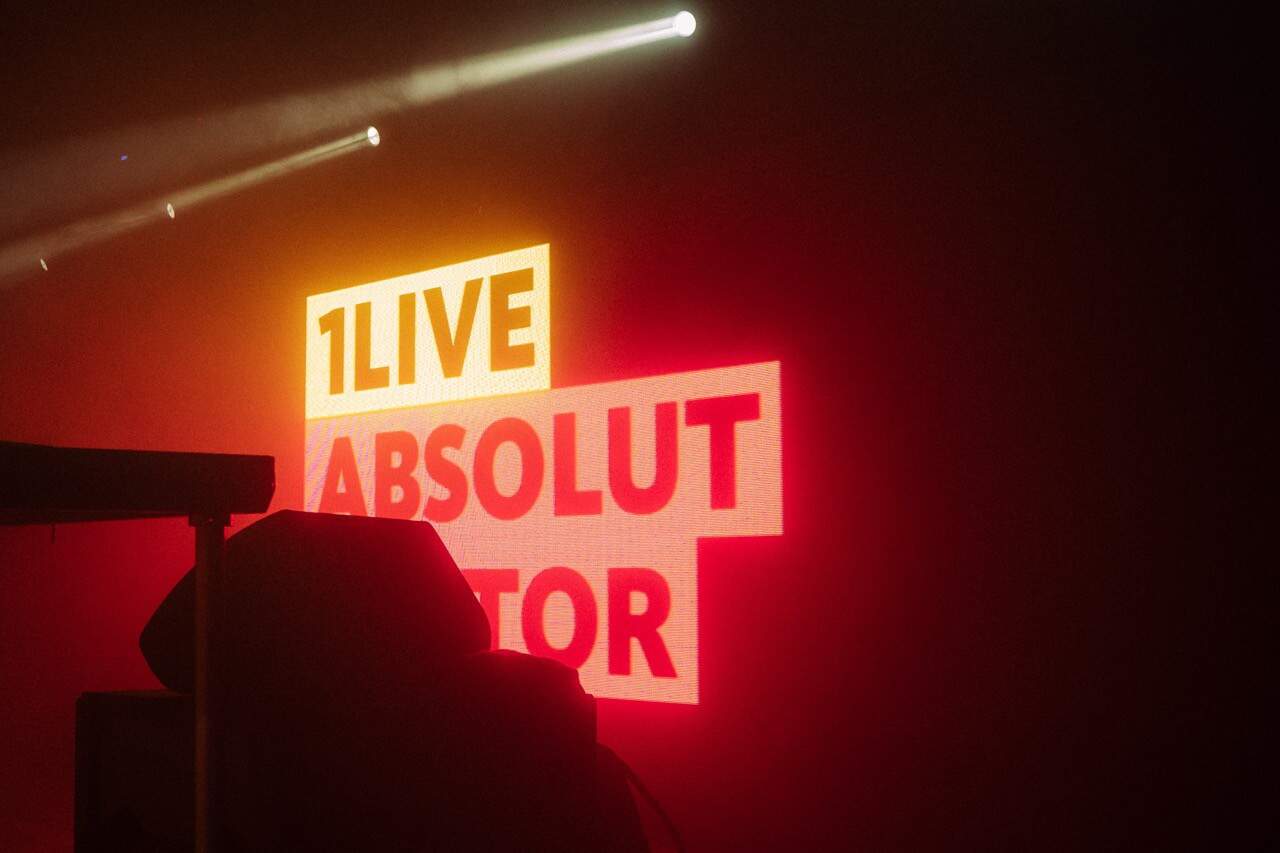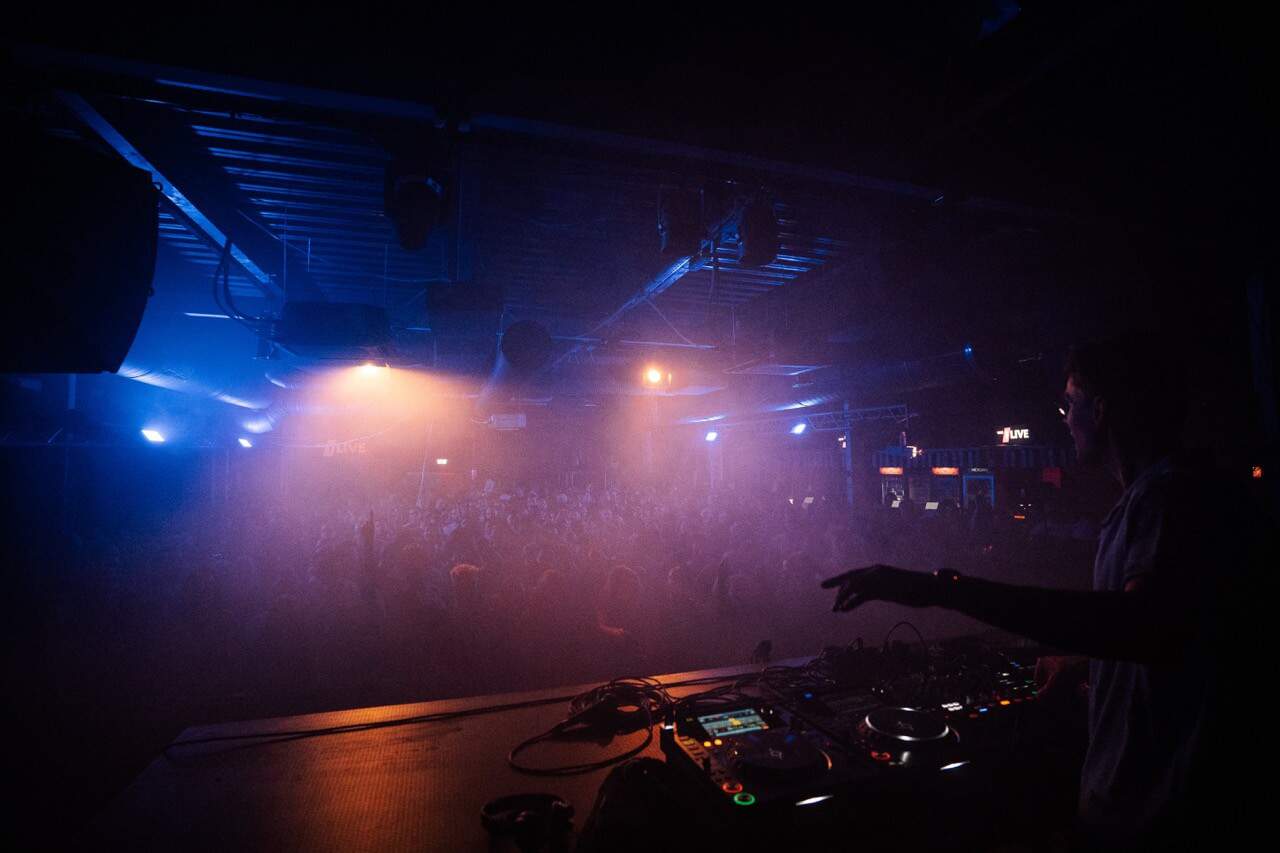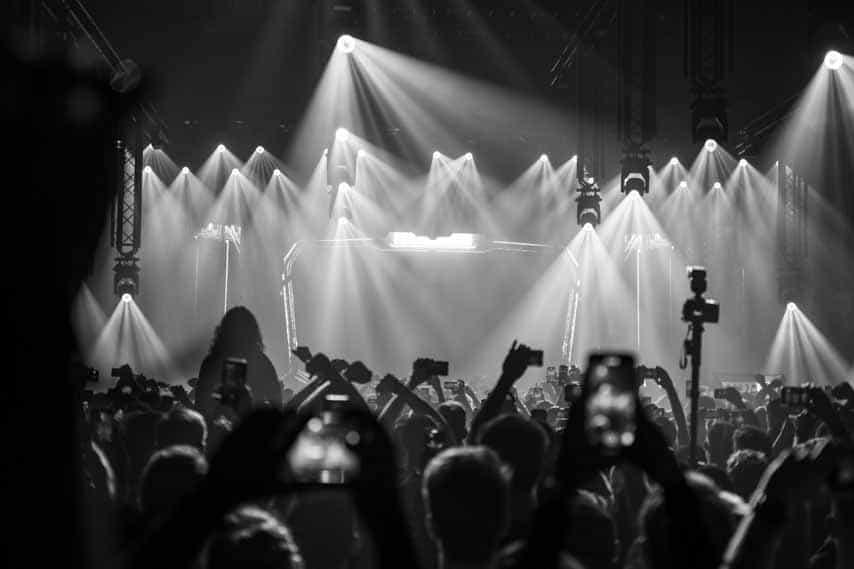1. introduction: Why professional preparation is crucial
In order to produce a high-quality video that captivates the viewer and conveys your message convincingly, well thought-out preparation is essential. Pre-shoot planning has a significant impact on the quality and smooth running of the shoot - from conception to post-production. In this guide, you will learn how to prepare professionally for a video shoot and avoid common mistakes.
2. objective of the video shoot
Definition of objectives and target group
A successful video shoot starts with a clear objective. Ask yourself questions like: What should the video achieve? Who should it appeal to? These considerations will help you to tailor the style, tone and content of the video. Whether for marketing, information transfer or entertainment - the clearer the objective, the more targeted the rest of the planning can be.
3. concept development
Creation of a creative and clear video concept
The entire project stands or falls with a well thought-out concept. Start with a brainstorming session and write down ideas that match your objectives. A good concept sets the framework for the script and the visual implementation and gives you and your team a clear direction.
4. script and storyboard
Why scripts and storyboards are essential
The script contains all the important dialog, actions and scenes. A storyboard complements this visually by outlining the sequence of shots. Both are important in order to be able to work efficiently on the day of filming and to ensure that no scenes are forgotten.
5. research and planning of the location
Selection of suitable filming locations and permits
The location influences the mood and quality of the video. Think about which location suits the desired aesthetic and clarify in good time whether you need any permits or licenses. A well-chosen location can save costs and provide the right setting for a realistic realization.
6. technical preparation
Selection of camera, lighting, microphones and accessories
A video shoot requires professional equipment that meets the requirements of the project. Choose a camera that matches the desired video quality and make sure that the lighting and microphones support the desired shots. If you need additional equipment, such as tripods or reflectors, plan for these as well.
7. testing the equipment
Technical test run: avoiding mishaps on the day of filming
On the day of filming itself, no time should be lost due to technical problems. Therefore, test all devices beforehand, check the battery life, storage space and functionality. Small faults can be rectified at an early stage.
8. plan lighting
Light types and arrangement for professional video recordings
The right lighting brings out the best in your shoot. Consider whether natural light is sufficient or whether additional light is required. Position lights, soft lighting or special filters help to create the desired ambience and give the actors the desired effect.
9. sound and sound check
Ensuring optimum sound quality
The sound quality is crucial to the overall video experience. Poor sound can significantly impair the overall impression. Do a sound check to ensure the quality and pay attention to disturbing background noises or echoing rooms. External microphones are usually better suited than built-in camera microphones.
10. create schedule and shooting plan
Organization of the shooting day through a detailed schedule
A schedule ensures that each scene is shot within the planned time frame and that you don't feel any time pressure. Create a list of all scenes and organize them chronologically according to the time of day and availability. This keeps the team focused and the shoot runs more smoothly.
11. preparation of the team
Distribution of roles and communication with the team
A good team is the backbone of a successful shoot. Assign clear roles to those involved and make sure that everyone knows the plan and their tasks. Clear communication and good preparation increase efficiency and reduce the risk of misunderstandings.
12. styling and props
Selection of clothing, make-up and matching props
Costumes and props influence the overall appearance of the video. Decide in advance which outfits and props suit the style and prepare them. Don't forget to organize spare clothes and important details such as make-up and accessories.
13. test recordings and samples
Why test shoots are valuable for fine-tuning
Test shoots are a good way to check the concept and technique. They give the team a chance to familiarize themselves with the equipment and processes and help to improve timing and coordination.
14 Legal preparation
Permits, contracts and licenses for filming
To avoid legal problems, you may need permits depending on the filming location. Contracts with actors and crew members provide clarity and protect you from legal risks. Plan these details carefully.
15. the shooting day itself
Checklist and tips for a smooth process on the day of filming
Create a checklist to make sure everything is ready. Go through it step by step and check that everything is prepared - from the technology to the team. A well-prepared checklist ensures that the day of filming runs efficiently and without stress.
16. prepare postproduction
Selection of editing software, memory backup and organization
Plan your post-production in advance by choosing the right software and making sure you have enough storage space and backups. A clear organization in this phase helps to complete the editing faster and more professionally.
17 Frequently asked questions (FAQ)
How important is pre-planning for a video shoot?
Careful planning is essential to guarantee a smooth process and achieve the best possible result.
What technology do I need for a professional shoot?
At least one high-quality camera, lighting equipment and a good microphone. The equipment should be adapted to the needs of the project.
How do I find the right filming location?
Look for a location that suits the mood and theme of the video and clarify the necessary permissions in good time.
What all belongs in a screenplay?
The script contains all the scenes, dialog and actions. It helps to structure the process and convey the concept clearly.
How can I ensure the sound quality?
Use external microphones and carry out a sound check to avoid background noise and echo.
Do I need a storyboard?
A storyboard is helpful to visualize the sequence and style of the scenes and to make filming more efficient.
18. conclusion
Professional preparation is the key to a successful video shoot. With careful planning, a clear concept and a well-coordinated team, the shooting day will be efficient and the result convincing. From technology to communication - these steps ensure that your video production will be a success.

